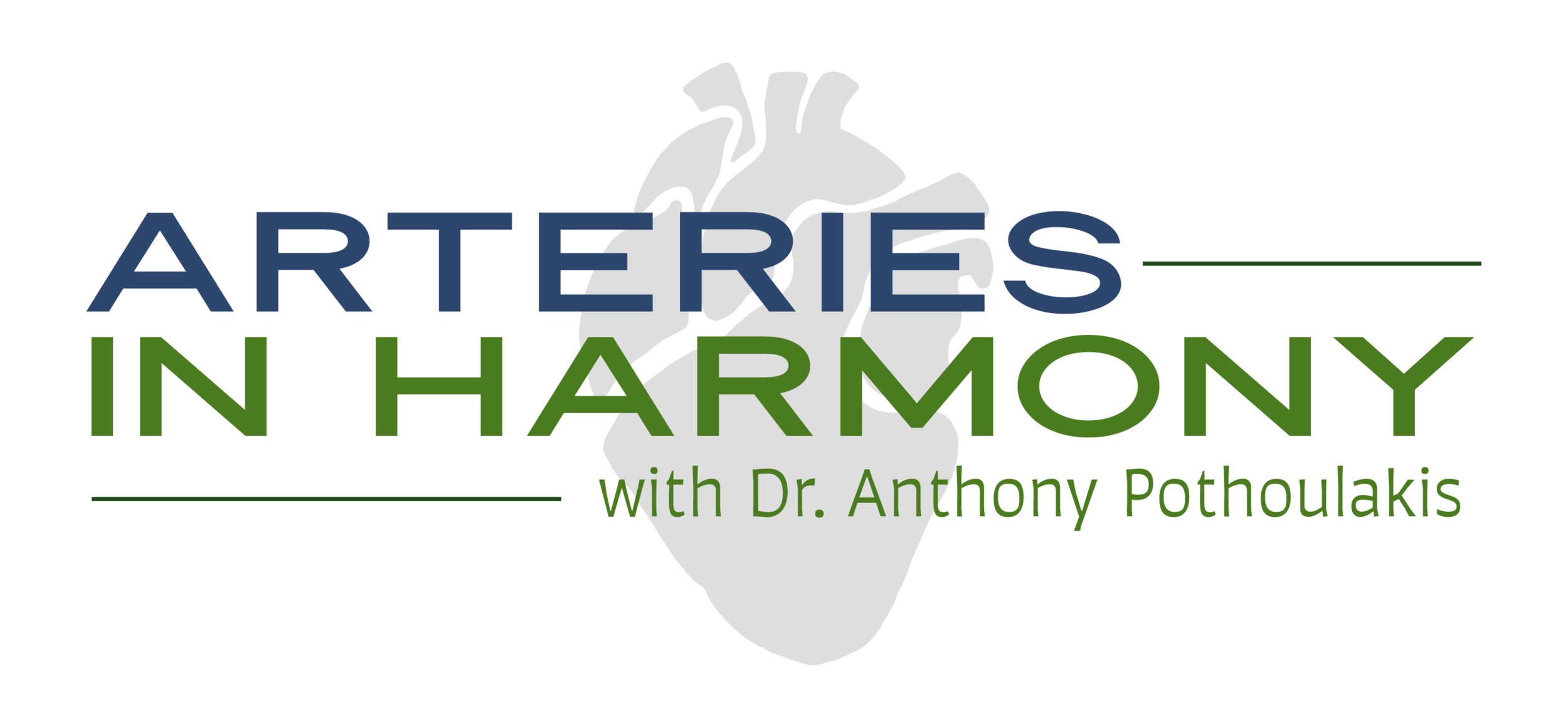Do you know what Statins are? If not, you should ….
Statins: the Pros and Cons of a Heavyweight
Statins are life saving medications, literally. In the fight against heart disease, they are credited with reversing the tide of rising heart attacks. Of course, the decline in smoking and better use of blood pressure medications has helped with the reduced rate of heart attacks. The good news is that, since 1996, for the first time in over a century, we have seen a decline in heart attacks by 40-percent.
Statins are a group of medications that lower the bad (LDL) cholesterol and reduce inflammation in our arteries. They help stabilize cholesterol plaques that frequently (and permanently) reside in our heart and brain arteries. Statins keep the blood flowing and reduce heart attacks and strokes by 30 to 40 percent.
Since statins are a true heavyweight champion of modern medicine, they are among the most widely prescribed medications in the US (almost 20 million patients use them). Although they generally have a very good safety track record, statins also have a dark side.
The greatest problem with statins is that they are not muscle friendly. About one in five statin users develops muscle aches, pains or stiffness that, although not life-threatening, can cause discomfort and suffering. To many affected statin users, these symptoms make the expected benefits not worthwhile. Other negative aspects of statin use are much more rare and include severe liver damage (one in a million), kidney failure (one in ten thousand), or type 2 diabetes (one in a thousand).
For some individuals healthy choices may include statins, on top of a healthy lifestyle. The decision to start statins (and continue them for the rest of your life) should be based on your particular risk for developing heart attack or stroke. Individuals with the highest risk include (but are not limited to) those who have:
- already suffered a heart attack, a stroke or mini stroke
- undergone bypass surgery or stent placement
- either type 1 or type 2 diabetes
- an LDL cholesterol above 190 mg/dl.
As you discuss with your doctor whether statins are right for you, you need to weigh the good and the bad when it comes to the side effects of statins. You must consider how statins can help your arteries and prevent life-threatening conditions that may be points of no return, like heart attacks and strokes.
Keep in mind that doctors routinely check (through a simple blood test) for severe liver or muscle damage. They may also recommend over the counter supplements (like Coenzyme Q-10 or Vitamin D) that can protect against muscle aches. Doctors also warn their patients that, in case of severe muscle aches or dark-color urine, they should promptly stop taking statins.
The list of the currently available statin medications includes:
- Crestor (rosuvastatin)
- Lescol (fluvastatin)
- Lipitor (atorvastatin)
- Livalo (pitavastatin)
- Mevacor (lovastatin)
- Pravachol (pravastatin)
- Zocor (simvastatin).
- Advicor (lovastatin/niacin extended-release)
- Simcor (simvastatin/niacin extended-release)
- Vytorin (simvastatin/ezetimibe).
Good health to you!
Anthony Pothoulakis, MD, FACC
